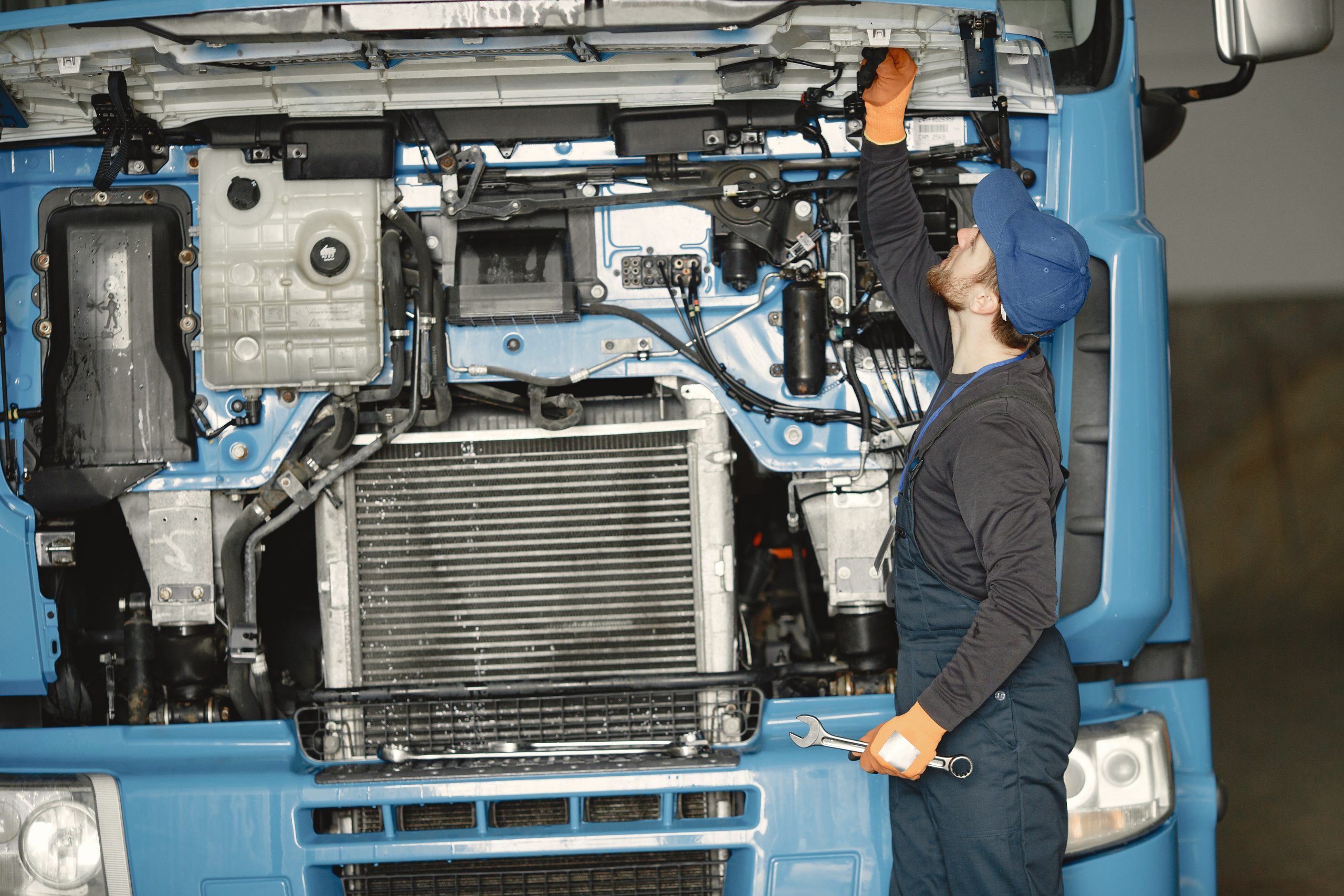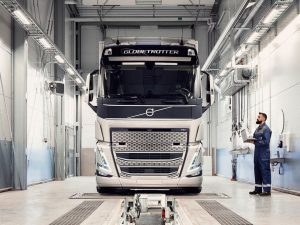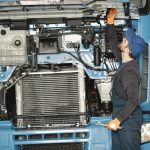Ever wonder what’s coming for diesel? Honestly, these workhorses are vital! From the rigs hauling goods to the heavy stuff shaping our world, diesel engines are fundamental to a massive range of industries. But with rising environmental consciousness, crazy technological advancements, and constantly changing rules, the diesel world is changing fast.
This blog is all about those exciting new trends and innovations that are remaking the future of diesel engine repair. We’ll dig into what’s happening now, what’s next, and how you – whether you run a business or just love working on diesels—can get ahead of the curve.
The Current State of Diesel Engines
Let’s start with the basics. Typical diesel engine repair deals with wear and tear, fuel system problems (injectors, pumps, the whole shebang!), and turbocharger headaches. Think about it: these engines are made to be tough, but they’re always working hard.
Keeping up with truck maintenance and repair is key for an engine that runs right and lasts. This means regular oil changes, filter replacements, and timely inspections. This is where expert diesel repair folks come in. They are the unsung heroes who keep everything running smoothly, finding and fixing issues before they become huge problems. They are the ones who extend the life of a truck engine.
Environmental Regulations and the Push for Cleaner Diesel Engines
Here’s a big shift: the push for cleaner, eco-friendly engines. We’re seeing tougher emission standards worldwide, like Euro VI and EPA rules. These standards are all about cutting down on bad stuff in the air, and that’s really changing the whole world of diesel engine technology.
Manufacturers are responding. They’re innovating like crazy to meet these requirements. Things like selective catalytic reduction (SCR) systems, exhaust gas recirculation (EGR), and particulate filters are getting better. These clean up exhaust, making emissions cleaner, and reducing the effects on our environment.
This changes diesel repair big time. Mechanics need to really understand these complex systems. That means knowing how they work, including the sensor networks and the computers that control them. To extend the life of a truck engine, you’ll need the knowledge needed to diagnose and repair these systems.
The Role of Technology in Diesel Engine Repair
Hold on to your hats. Technology is revolutionizing diesel engine repair! We’re talking smart diesel repair.
One of the biggest changes is the mix of computer systems, diagnostic tools, and tons of sensors. Modern diesel engines have tons of these, sending data to the engine’s control module. Special diagnostic tools can now connect to these systems, finding problems with surprising accuracy. This means faster fixes, less downtime, and lower costs. If you’re having truck engine issues, this will save you time and money.
AI and machine learning are showing up, too. Imagine predictive maintenance: an engine’s computer looks at all the data, spotting potential problems before they happen. It’s like having a crystal ball!
Automation is also coming to the shop. Automated repair systems are in development to cut down on human error and boost efficiency in areas of diagnostics and repair.
Advanced Materials and Parts for Diesel Engines
The materials used to build diesel engines are changing. We’re seeing high-performance stuff like carbon fibre, high-strength alloys, and advanced composites. These make products with better performance, better durability, and less weight, which improves fuel efficiency.
3D printing is changing the game. It lets them make custom parts on demand, shortening lead times and allowing for a lot of customization and precision. Repair shops use new techniques! These include laser cladding, advanced welding, and coatings. These let them fix parts that used to need replacing, making repairs more affordable and sustainable.
The Growing Importance of Training and Certification for Diesel Technicians
All of these diesel innovations make an impact. The skills needed for modern diesel engine repair are always changing and growing. You need more than just mechanical smarts. Technicians now need to know how to use computer systems, use the latest diagnostic tools, and understand emission control systems.
Advanced training and certifications are more important than ever. These programs give techs the knowledge to stay up on the latest tech. Staying current with new regulations and technology is vital.
The Future of Diesel Engines: Hybridization and Electrification
So, what does the future of diesel engines really look like? We’re seeing some interesting things.
One is the move toward hybrid diesel engines. Imagine a system that combines the raw power of a diesel engine with an electric motor, which can improve fuel economy and cut down on emissions, particularly for drivers who spend a great deal of time in stop-and-go traffic. Diesel handles the big jobs. This would be ideal for anyone looking to extend the life of a truck engine.
The complete electrification of diesel-powered vehicles and equipment is another big trend. This takes a lot of expertise in both diesel and electric vehicle systems. It will change how engines are maintained and fixed.
What about research into hydrogen-powered diesel engines? Their part in the diesel engine industry is taking shape.
Challenges and Opportunities for Diesel Engine Repair Shops
Let’s be real: The diesel engine industry is changing. This brings both challenges and unprecedented opportunities for repair shops.
The biggest challenge is adapting to the changing market. Repair shops have to balance traditional diesel engine repair services with the need for green tech. Adaptability is everything. Shops need to invest in technology, train techs, and probably add services like alternative fuel solutions. To fix truck engine issues with success, you have to adapt. Using new diagnostic tools and keeping up with the latest diesel innovations are no longer good ideas; it’s a must. Customer service is key.
The future of diesel engines is exciting, but it will require changes in the diesel engine industry. Innovation, a commitment to sustainability, and training will be critical.
Whether you’re a shop owner or a technician, now is the time to invest in the future. Update your equipment, train your team, and use eco-friendly practices.








